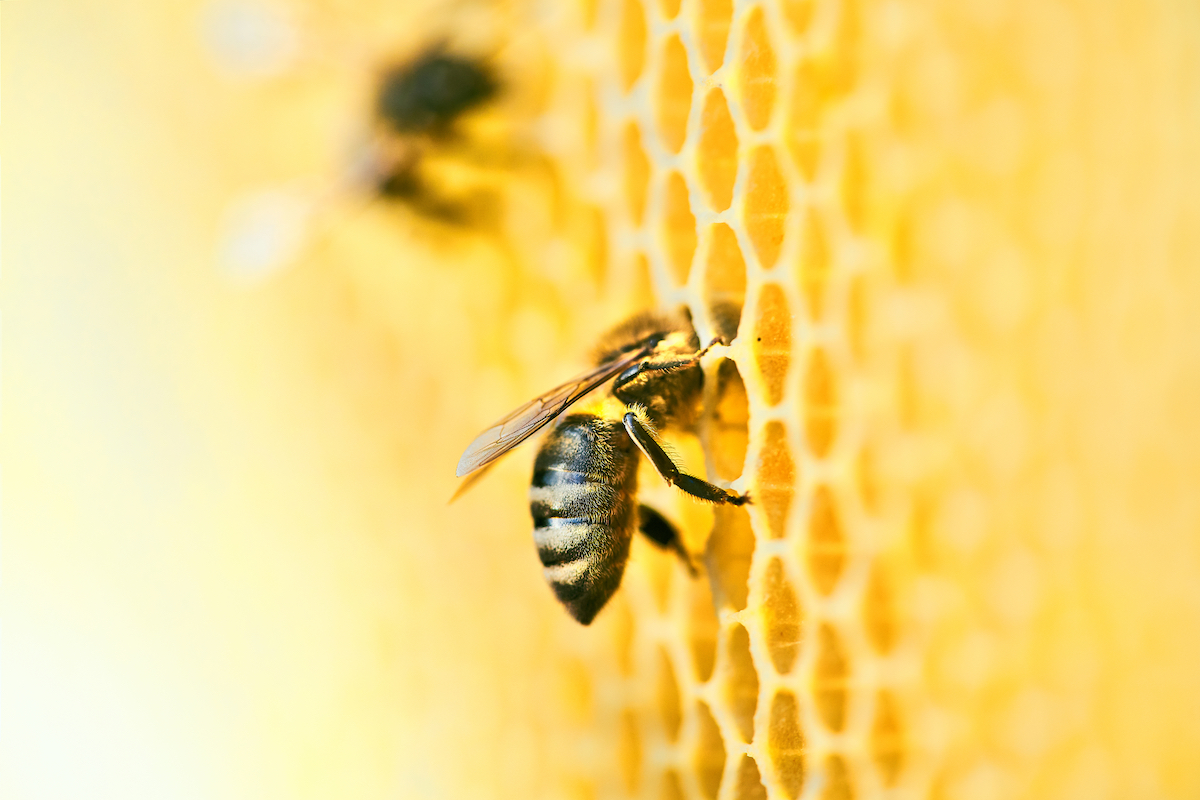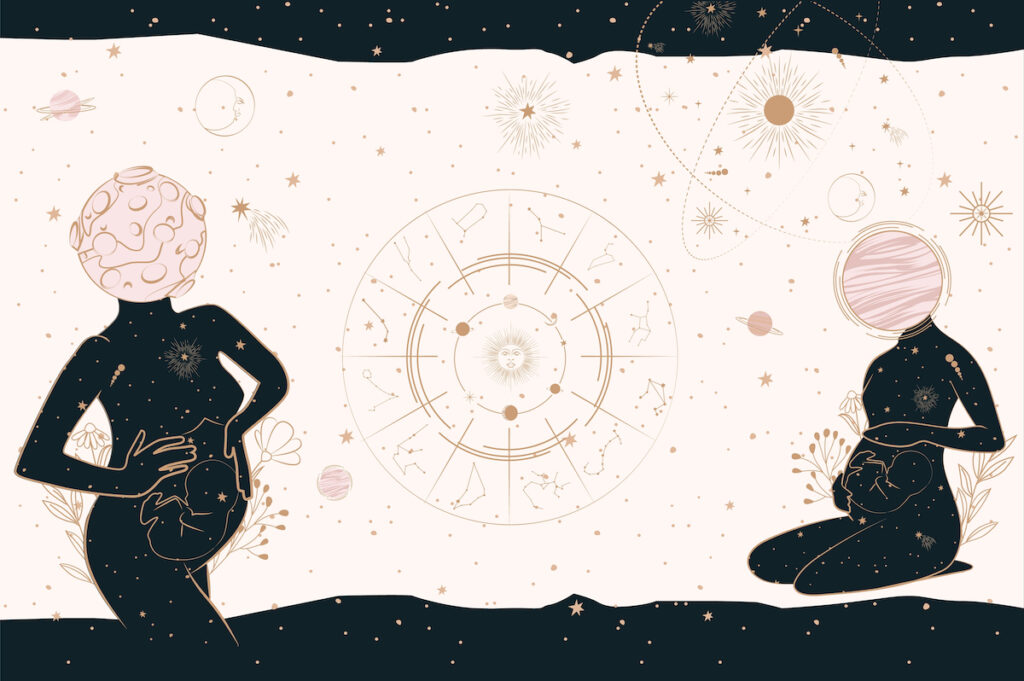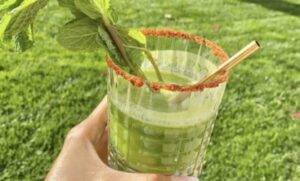
As you may have already heard, Bee Sting Therapy (also known as Apitherapy) is growing in popularity. The treatment administers bee venom through live bee stings or injections at targeted points on the body for specific conditions and diseases.
This practice has been used for more than 5,000 years as a treatment for everything from headaches, joint pain, and skin rashes to autoimmune disorders.
Interestingly enough, the Qur'an even mentions "The Bee" as an important healer. In Surah 16 verse 69, it states: “from their bellies come a drink of various colors, wherein is healing for mankind.”
Some scholars over the years have taken this to mean honey, but the growing belief is that there's a lot more to the statement.
How It Works
Bee venom contains biologically active compounds, amino acids, and enzymes that contain anti-inflammatory properties. There are also immune-modulating effects that occur at the moment of a sting.
Because of its power, bee venom is being used in studies around the world for the treatment of the following conditions:
- Rheumatoid arthritis
- Parkinson's disease
- Alzheimer's disease
- Amyotrophic lateral sclerosis (a.k.a. ALS or Lou Gehrig's disease)
- Multiple sclerosis
- Eczema
- Psoriasis
- Lyme disease
- Crohn's
- Asthma
- Migraines
- And more
When you receive Bee Sting Therapy, it's either administered through injections in the form of desensitization shots (which is best for people suffering from hyper-allergic reactions to honey bee venom) or live bees that are accessed from a hive.
Is Bee Sting Therapy Safe & Effective?
Yes, for most people it's quite safe and can be amazingly effective, but there are some serious implications with the treatment for some.
First, let's see what the growing body of research is saying about its positive implications, and then we'll look at its possible side effects.
Psoriasis
In a 2015 study, patients with plaque psoriasis found that it helped heal skin lesions and reduce inflammation. A controlled study saw 25 patients given weekly injections and 25 patients given a placebo. After 12 weeks, it was clear that the patients who received Bee Sting Therapy saw a significant reduction in symptoms.
Pain Treatment
Another form of treatment, Apipuncture, delivers diluted bee venom to acupuncture points. It is pain-free and has been found to help post-stroke pain when administered twice a week for three weeks. A study of 16 subjects found that those treated with bee venom showed amazing improvements, as compared to those who didn't.
Parkinson’s Disease
In a 2016 study, it was found that bee venom combined with acupuncture may be a powerful treatment for Parkinson's Disease. Those who received the treatment improved their gait speed, motor control, and overall quality-of-life.
Arthritis
Scientists have also found that Bee Sting Therapy may help treat rheumatoid arthritis. In a 2104 study, it was found to help reduce pain, morning stiffness, tender and swollen joints, and more.
According to Vermont beekeeper Charles Mraz, who has studied the clinical benefits of bee venom at Sloan-Kettering Institute, an increasing number of studies are showing that Bee Sting Therapy may be an excellent treatment for autoimmune disorders and diseases, HIV, and the central nervous system.
Side Effects and Risks
There have been some patients that have experienced severe allergic reactions to bee stings. In some cases, Bee Sting Therapy triggered anaphylactic shock, which is life-threatening. Thus, it is crucial for anyone with a bee-sting allergy to speak extensively with their doctor before trying it in any form or avoid it altogether.
Additionally, it may cause pain, anxiety, dizziness, insomnia, heart palpitations, and changes in blood pressure for some. There has also been some concern that it may interfere with immune function.
Because of its effect on the immune system (which is often positive rather than negative), caution should be taken for patients with auto-immune disorders and liver issues.
Last Words
Research on Bee Sting Therapy is in the growth stage, so it's important that you use caution if considering. While there are numerous apparent benefits, it's vital you consult your doctor first.
Also, you should completely avoid self-treatment unless your doctor is completely on board.





